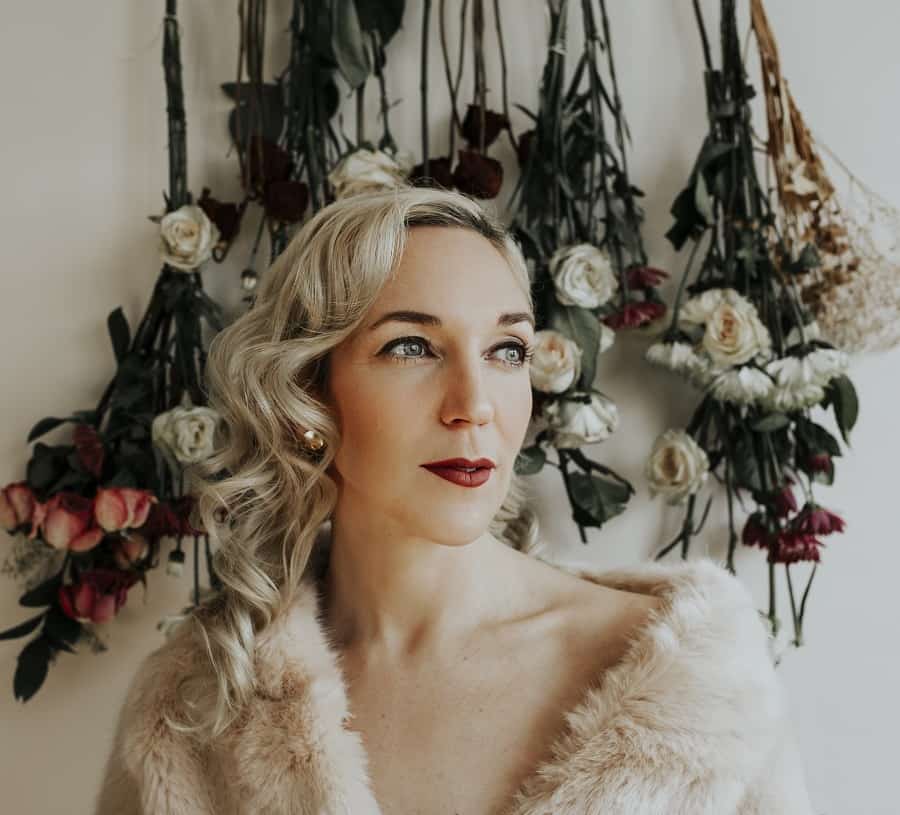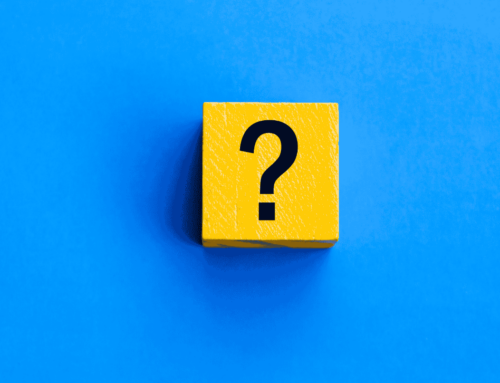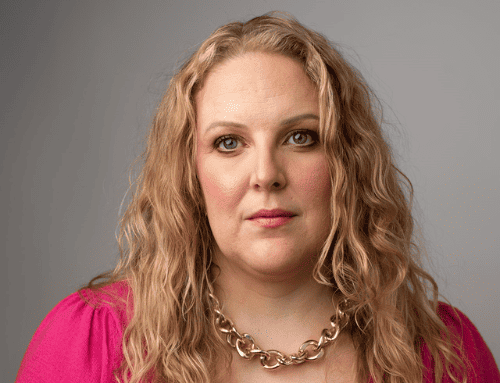Trigger Warning: Sexual violence
When vocalist and multi-instrumentalist Kinley Dowling (KINLEY) released her debut solo album in 2016, Letters Never Sent, she knew it would rock the boat. The Islander and longtime member of Newfoundland’s Hey Rosetta! wrote openly about her experience of sexual assault on the track Microphone.
Now that song, and the accompanying music video, is going to be used in classrooms to teach students about sexual violence and consent.
We spoke to KINLEY about her career, the reaction to her latest album, and coping with trauma through art.
How did you get started in the music industry?
Well I started piano lessons when I was a kid, and both of my parents are musicians so they took me to a lot of concerts. In grade 4 I started violin, and then I switched to viola in grade 8 because I had the longest arms of anybody in the class and the viola is just a little bit bigger.
I ended up studying classical music, a viola performance degree, at Dalhousie University – and the day after I graduated I got a call from the band Hey Rosetta!. I ended up touring the world with them for 10 years, pretty much non-stop. Now we’ve decided to take a hiatus, so I just started my own business. I record violin and viola and other sounds from my home studio which is sweet. I was on the road for so long and I loved it, but I’m just going to stay in beautiful Prince Edward Island for now.
What’s your experience in the music been like? What have been some of your challenges, and have they been related to the industry being male-dominated?
It’s been mostly good, I really love what I do. There’s always the challenge of not knowing when there’s going to be work, so you always have to be hustling and trying to find the next gig in order to build up the money to work on the next creative project. I love hearing songs and adding whatever comes to my mind with strings, and I also love other parts of the business like making music videos.
As far as any negatives, there were a few times when Hey Rosetta! would be on tour and we’d be loading into a bus, and the sound guys would be like “oh, are you the girlfriend of the band?”, or they’d say “you must be the merch girls.”
I remember one time we were in Buffalo, New York, and we were playing a show on this big outdoor stage, and there was a piece of tape on the sideline of the stage that said “the girlfriend line” like, “no girls beyond this point.” And we were so outraged we grabbed a pen and put down more tape and wrote ‘girlfriend/boyfriend line’. Like, this is ridiculous. It’s been stuff like that, it’s just annoying mostly.
What was the process of writing your song Microphone like?
At first, I didn’t realize that it was going be a song at all. It was something that I’d been bottling up my emotions and anger and sadness about, and all these feelings about what had happened that night. And after 15 years of thinking about what I would say to that the person who assaulted me, it was the fastest song I’d ever written. I wrote it in like 20 minutes.
Writing a song was the best way I knew how to express my emotions, and it was definitely a cathartic experience. One morning I just woke up and I couldn’t stop thinking about it, I was so angry, I just sat down and let all my emotions out. I was just thinking about what I would say to him when I saw him again. How I was feeling in that moment. How I felt the night it happened. I just wanted him to see how much he had hurt me and how that hurt has lasted for years.
When I wrote it I just played the song over and over for myself, it felt so good to hear. But then I was really nervous to show anyone because I didn’t really tell anyone that this happened to me. I was worried that people were going to treat me differently.
How was it received? What was it like to share the song with your friends and family?
Before my album came out, a group of friends wanted to hear the songs. And I was like “alright, here we go.” So I put the song on and I left the room, I just didn’t know how they would deal with it.
I had 6 of my friends over, and they listened to the song fully and then I came back to the room and most of them were crying. I was like “I’m so sorry, I did not mean for this to happen.” But it really opened-up a conversation, and it turns out 4 of the 6 of my friends had also been sexually assaulted but we’d never talked about it before. It was a pretty huge night.
When the song came out it got lots of media attention, but the hardest thing was to tell my parents. Thankfully they’re so supportive and they just want to help me in any way that they can. I’m very well supported by my community too, so it’s been pretty amazing.
You must be so thrilled that this song is going to be used in Grade 9 health classes across PEI to talk about sexual violence and consent. Can you tell me a bit about how that came to happen, and what it means to you?
It’s incredible. My friend Jenna MacMillan directed the music video, and we knew we were making something important together. We wanted it to be really well done, and we realized pretty early on that this could be used in schools, that was our dream after we finished it. Like wouldn’t that be so cool if kids could learn about this, and learn how to make sure this doesn’t happen again?
One of my other friends brought the video to this council, a resource task team, and they made the content for the curriculum. They did an amazing job. The modules are so interesting and engaging, it’s a much-needed resource for sure. Like I wish we had something like this when I was in school, but I’m so happy it’s there now.
Each module is really interesting, like for the part on gender they do a breakdown of the lyrics and identify where gender norms and stereotypes show up in my description of sexual violence, and there’s a 5-minute testimony video from me for them to watch. It talks about the difference between gender and sexuality, and for the sexual assault module they’re asked to describe the behaviour of the perpetrator in the video. They have to discuss at what point in the video the behaviour moves from consensual to non-consensual. Everything is just really well done and well thought-out, it’s so cool.
What’s next for you?
I’m mostly focusing on my music, but I’ve also been working on some other areas related to sexual violence. I feel like, we got into schools. What’s next? Ok, next would be the law.
I’ve been having meetings with politicians in town related to how Bill 110 was just passed in PEI, the Mandatory Sexual Assault Law Education Act. We’re the first province to pass this kind of bill, and it says that any new judge that’s coming in – so any lawyer that wants to become a judge, or any retired that judge that’s coming back to fill in – is required to take this training on sexual assault laws and myths about rape.
I’ve been sitting in on some sexual assault court cases in Charlottetown and they have not been going the way they should be unfortunately, because of tiny details that shouldn’t matter. So hopefully with this bill passing, everyone will be up to date and caught up on the laws, and on the fact that people react differently and cope with assault in their own way.
I’ve been getting the word out and trying to get people to be vocal about how this is important to them and the community. And it worked, because it passed. Apparently, the PEI bill passing is putting pressure on the Senate to pass Rona Ambrose’s Bill C-337, which is what Bill 110 is based on. It would be great to see this throughout Canada.
What advice would you give to women and girls who’ve experienced sexual violence, and are looking for ways to heal and share their stories?
Expressing yourself in any way you find cathartic is the best place to start. Art is an amazing thing and it can help you heal. When I first released this song I was like, “I’m healed, I’m good!”, but then I realized that the pain does come back, and you’re not ever fully healed. What you can do is find other ways to cope. For me, doing yoga and playing music really helps.
Learn More:
Q&A: Healing and Re-Humanizing After Trauma with Author and Activist Marlee Liss
It’s a New Dawn: Playing Rock Music and Learning about Ableism
Art as Activism: Engaging with Feminist Art to Spur Social Change
Take Action:
Sign up for our e-newsletter to have our latest stories and resources sent to your inbox.
Follow us on Facebook and Twitter to join a national conversation about empowering girls.







